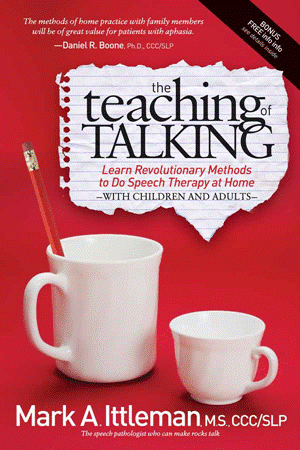Aug 8, 2013
I was reminded of something yesterday that I couldn’t do in the hospital. Now, I couldn’t do a whole hell of a lot of stuff when I was in the hospital but for whatever reason it REALLY pissed me off that I was unable to do this test and it has stuck with me. The test was…..pick a letter of the alphabet and say all the words that you can think of that begin with that letter. I couldn’t do it. I would come up with 1 or 2 words. I forget what the goal is, I think 11 words in a minute. I don’t know, I can’t remember. 11 words really? That doesn’t seem like a lot. You know, I bring up a good point. :) Eleven words is so very, very abnormal for me but it would’ve been considered ‘normal’ had I gotten 11. They taught us in PT school – you know what maybe they didn’t, maybe this is something I’ve learned since school – that you always need to ask the patient “is that normal FOR YOU?” No one asked me that, ever. With brain injuries it’s a little different because what’s normal for you is forever changed now but – I don’t know.
Ok I just did this with the letter ‘t.’ I got 19. It would’ve been more if I could type with 2 hands, I should’ve given myself a little more time for pecking at the keyboard with one hand.
Tab, tap, tan, talk, tip, tint, taunt, tent, temperature, tell, Teflon, the, test, taste, tack, take, tame, tackle, time
See the original article:
in






































